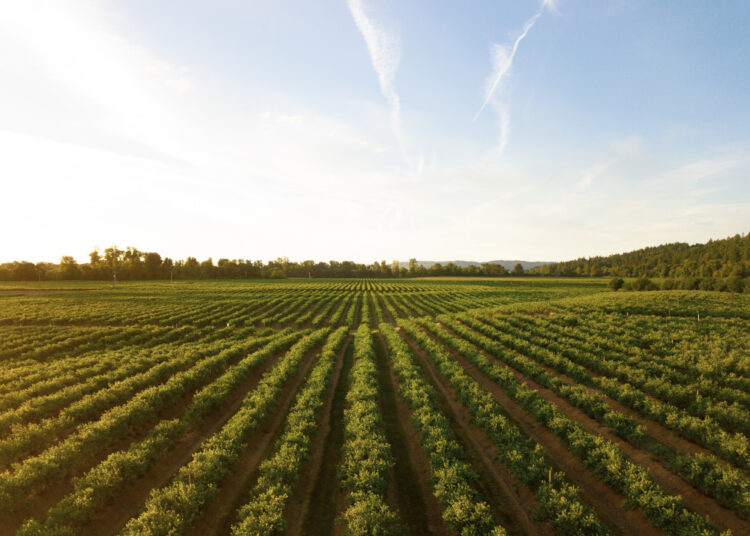PARIS — “Go pee on the rhubarb!” Engineer Fabien Esculier has never forgotten his grandmother’s unconventional approach to gardening — in fact, it has inspired his career.
Human urine may seem like a crude way of fertilising plants in the era of industrial agriculture, but as researchers look for ways to reduce reliance on chemicals and cut environmental pollution, some are growing increasingly interested in the potential of pee, AFP reported.
As researchers look for ways to reduce reliance on chemicals and cut environmental pollution, some are growing increasingly interested in the potential of pee.
Plants need nutrients — nitrogen, phosphorus and potassium — and we ingest these through food, before “excreting them, mostly through urine”, said Esculier, who runs the OCAPI research programme in France looking at food systems and human waste management.
This presents an opportunity, scientists think.
Fertilisers using synthetic nitrogen, in use for around a century, have helped drive up yields and boost agricultural production to feed a growing human population.
But when they are used in large quantities, they make their way into river systems and other waterways, causing choking blooms of algae that can kill fish and other aquatic life.






Discussion about this post